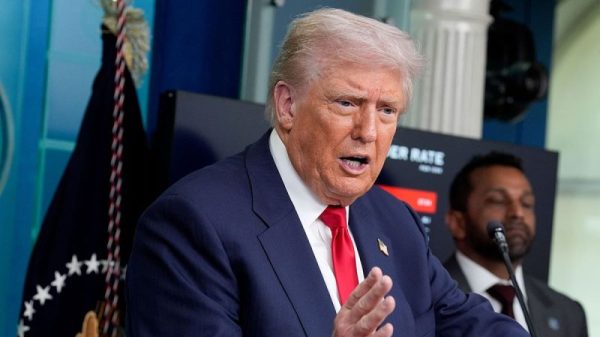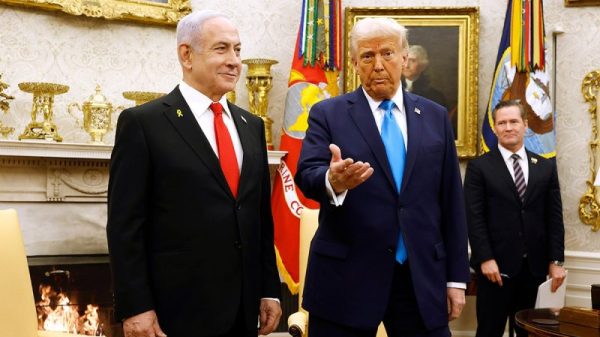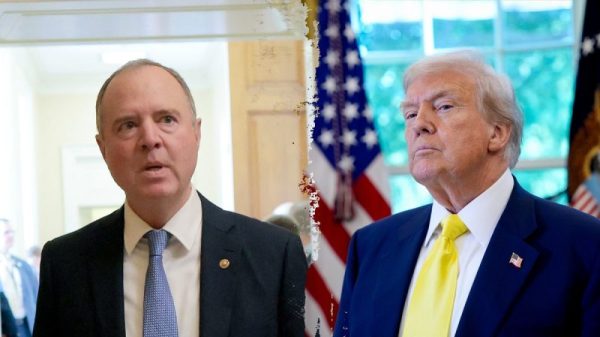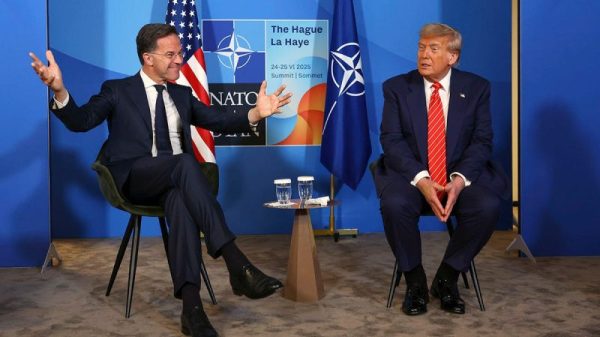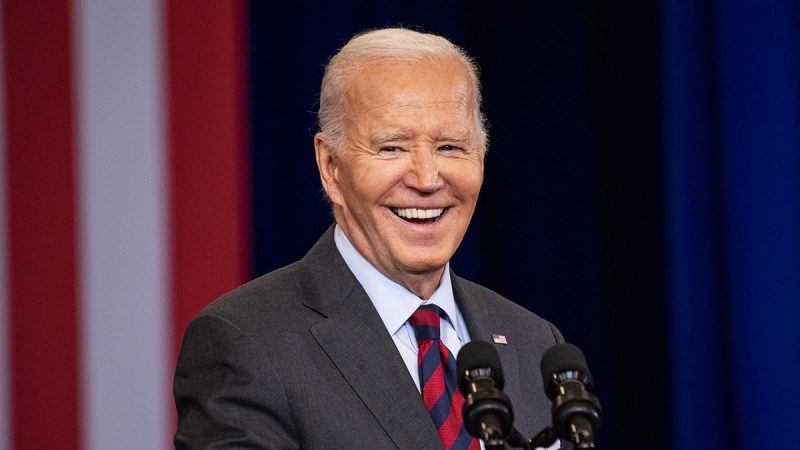In light of recent developments under the Biden administration, significant attention has been drawn to the new crackdown on U.S. military tech investments in China. With just one week remaining before the commencement of the lame-duck session, this may have far-reaching implications for the technology industry and national security. The policy aims to address concerns regarding the transfer of sensitive technology to China and to safeguard key military assets against potential threats.
This move by the Biden administration is seen as a significant step towards enhancing national security and protecting intellectual property rights. By tightening restrictions on investments in Chinese tech companies, the U.S. aims to mitigate security risks associated with the transfer of critical military technologies to potential adversaries. The crackdown is also intended to address concerns over intellectual property theft and data security breaches, which have been on the rise in recent years.
One of the key aspects of this policy shift is the heightened scrutiny of investments in Chinese companies involved in emerging technologies with potential military applications. By requiring mandatory disclosure of such investments and enhanced regulatory oversight, the U.S. government aims to prevent the inadvertent transfer of critical military technologies to China. This proactive approach underscores the administration’s commitment to safeguarding U.S. national interests and maintaining technological superiority in strategic sectors.
Furthermore, the crackdown on military tech investments in China is likely to have implications for U.S.-China relations and could impact bilateral trade and investment flows. As tensions between the two countries continue to escalate, the U.S. government’s efforts to restrict Chinese access to sensitive military technologies may further strain diplomatic ties. However, the Biden administration has emphasized the importance of balancing national security concerns with the need for cooperation on global issues, signaling a nuanced approach to managing the U.S.-China relationship.
In conclusion, the Biden administration’s crackdown on U.S. military tech investments in China reflects a strategic shift in policy towards safeguarding national security and protecting critical technologies. By imposing tighter restrictions on investments in Chinese tech companies, the U.S. aims to mitigate security risks and prevent the transfer of sensitive military technologies to potential adversaries. While this move may have implications for U.S.-China relations, it underscores the administration’s commitment to maintaining technological superiority and safeguarding national interests in an increasingly complex geopolitical landscape.





















